Midge Ure is “quite happy being the invisible man of rock”, but he wasn’t always so cool about it.
The 70-year-old musician, who was the lead singer of Vienna hitmakers Ultravox and co-wrote Band Aid single Do They Know It’s Christmas, has been on the road for 50 years.
And he was touring around Scotland, from his native Cambuslang all the way to the Highlands, “long before I was allowed south of the border, or anywhere near a recording studio”.
So this year, multihyphenate Midge, a singer-songwriter-producer-performer, is celebrating his “first love” – live music.
He’ll perform his greatest hits, from his glam-rock days with Silk, through Ultravox, Band Aid and beyond, in an intimate retrospective show at Perth Concert Hall later this year.
But his trips down memory lane aren’t all rock ‘n’ roll.
Though he’s a powerhouse on stage, Midge (real name James) Ure reveals he was shy when it came to meeting people on tour – particularly romantically.
“I was never any good at chatting people up,” admits Midge, bathed in violet mood lighting as he Zooms in from his home studio near Bath.
“The thing is, I was on stage being the entertainment when others were having their Friday and Saturday nights,” he explains. “So I fell in love from afar.
“I was infatuated by a lot of people when I was young, falling in love every five minutes the way young folk do. You see someone at a bus stop and your heart skips, or there’s a little buzz inside your system.”
Midge Ure: Music was ‘magic’ in 1972
But while his fellow young people were falling in love with one another after the shows, Midge remembers long nights driving a tour van down desolate Scottish backroads, falling madly in love with his constant companion – music.
“It’s the roads I remember most, in those days before I was even recording,” he recalls.
“I’d be the one driving our Transit van from place to place, and those long journeys were always peppered with bits of music I was listening to while the band were all sleeping in the back.”
For Midge, there was “something about 1972” which put pure magic in his van’s stereo.
“David Bowie, Roxy Music, Queen!” he enthuses. “Whenever I hear Moonage Daydream, I’m instantly driving through the snow, in the dark, in that van.”
However nowadays, Top of the Pops alumnus Midge rarely listens to pop music on the go, preferring talk radio or instrumental music to accompany his travels.
“I think my education really started when I left school,” he muses. “I’ve learned an awful lot from listening to you know, BBC Radio Four or LBC.
“And if I’m going to listen to music, I tend to listen to instrumental music because I don’t break it down into its component parts like I do with every other pop record I hear on on the radio,” he adds.
“As a producer, you end up thinking: ‘Oh no, why is the bass drum this way?’ You don’t listen to it as a piece of music anymore, which is one of the downsides of doing this for a living.”
Midge Ure on fame: ‘If you don’t want to be seen, it’s easy’
A downside that may be, but having lasted 50 years in an industry notorious for chewing people up and spitting them out, Midge is careful to keep count of his blessings before his minor curses.
“I’ve had the carpet pulled out from under my feet enough times to realise that I’m in an incredibly lucky position,” he says.
“When I go back to Glasgow, I wander round the backstreets of Cambuslang, where I was born. And I don’t do it out of nostalgia’s sake.
“I do it to remind me that when I was a kid, walking round those streets, wishing for a guitar or singing at the top of my voice – because that didn’t cost anything – that I got what I wanted. Y’know?
“I got this. And I’m one of a handful of people who got it for life.”
Part of that longevity comes down to Midge’s unique ability to be world-famous, and yet rarely recognised. So what’s his secret?
“People still have this image in their head of what they saw on Top of the Pops, or what they saw on the posters on their walls back in the 80s and 90s,” he laughs.
“But I think if you intend to be seen, you can be seen. People who want to be seen act and walk a certain way – their attitude is different. If you don’t want to be seen, it’s easy. It’s a choice.
“I’m very fortunate that I can still go to the supermarket and wander around, and nobody knows me. What’s funny is that I’ve been recognised more recently from my speaking voice than the way I look, because I’ve done various programmes on the radio.
“But I’m quite happy being the invisible man of rock.”
Unrequited love was fodder for hits
And though his youthful introversion may have seen him pass up the chance for connections, those “from afar” crushes taught him enough about songwriting for him to make a life out of it.
“Songs don’t have to be about real situations,” he says. “They don’t have to be historical. They can be about a fantasy world, or what might’ve happened. Would this have been a great relationship, or would it all have gone south?
“That gives you enough emotional substance to write songs about.
“I think a lot about sliding doors moments,” he continues. “You leave a train and turn left, instead of turning right, and a whole different bunch of things happen.”
So then, if he could peer through those sliding doors to different outcomes, would he change anything?
“Life’s like a house of cards, isn’t it?” he replies. “If you pull any of it away, the whole thing falls apart.
“Even the bad bits were good, so I couldn’t go back in and change it.”
But as zen as he is, Midge does admit he would give his younger self some advice if he could.
“First – don’t write songs in stupidly high keys because you’re still going to be singing them 40 years later,” he laughs.
“Second – don’t believe anything anyone says or writes about you, good or bad, because it’s not real.”
Could there be another Band Aid moment?
With a litany of musical achievements on his CV, it’s hard to pick out career highlights. But Midge’s involvement in Band Aid’s 1984 charity single Do They Know It’s Christmas cemented his legacy on the world stage.
Does he believe that music can still change the world in the same way, 40 years on?
“I think people can change the world, and people can be brought together by music,” he explains. “Whether that platform still has the same strength these days is another matter.
“When I was a kid, music was the be all and end all. You only got one pop programme a week on TV, and everyone used to watch Top of the Pops.
“Now you can access everything, all the time, as long as you’ve got battery and signal. And that’s changed the dynamics a bit.
“So maybe it’s a different system that you’d have to use to pull the masses together.”
Praise for Perth from Scone Palace stalwart
A regular fixture at Perth’s Rewind Festival, Midge is no stranger to the city. But he’s looking forward to visiting the iconic Scone Palace in his “civvies” when he brings his tour north this year.
“I come up and play there every couple of years, and it’s a beautiful setting,” he smiles. “I think it’s about time I come back up and see it in my civilian clothes, without my guitar around my neck, and actually visit the palace.”
And the England-dwelling singer admits he’s looking forward to “coming back to a bit of clean air, green hills and probably some rain”.
But more than anything, he’s “excited” to perform for the Perth audience.
“Performing live is still exciting,” he says. “If I ever thought I’d just wake up and walk through it like painting by numbers, I’d hang up my guitar tomorrow.
“But I still get excited about doing it, so no plans to hang up the guitar – not yet!”
Midge Ure plays Perth Concert Hall on December 13 2024. Tickets on sale from the venue’s website.
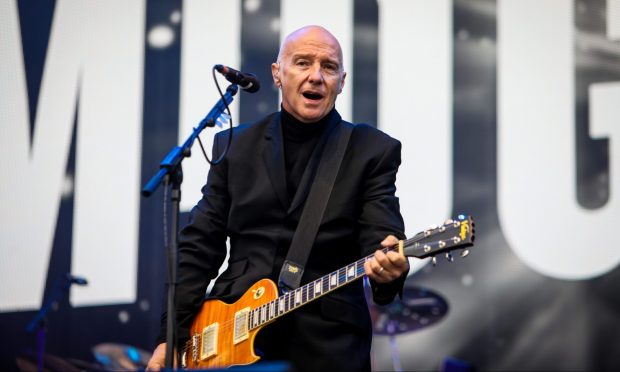
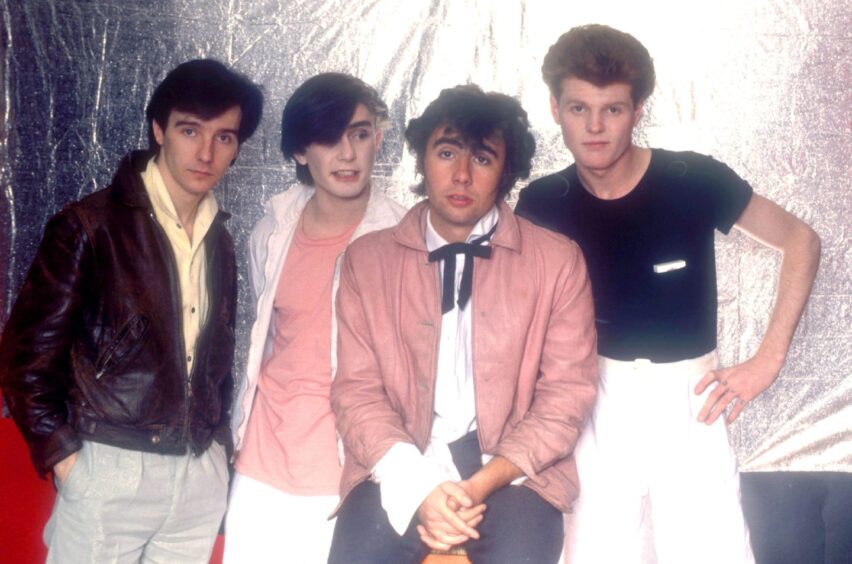
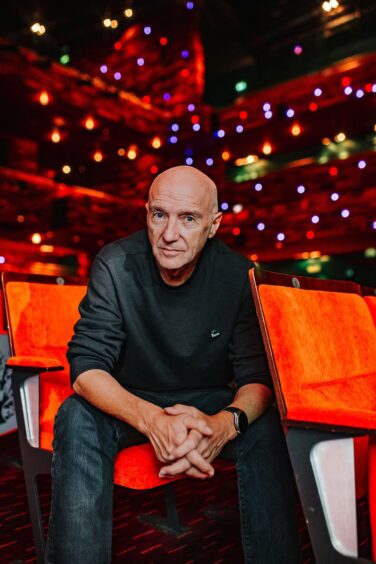
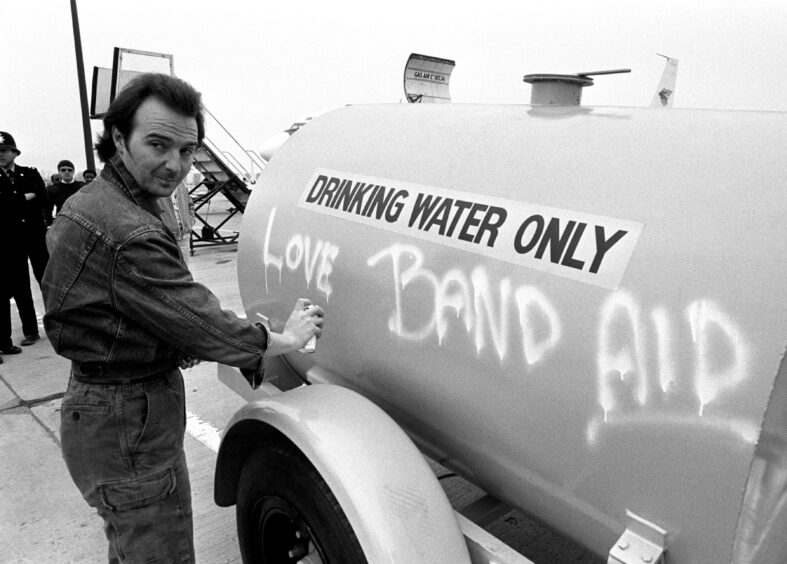
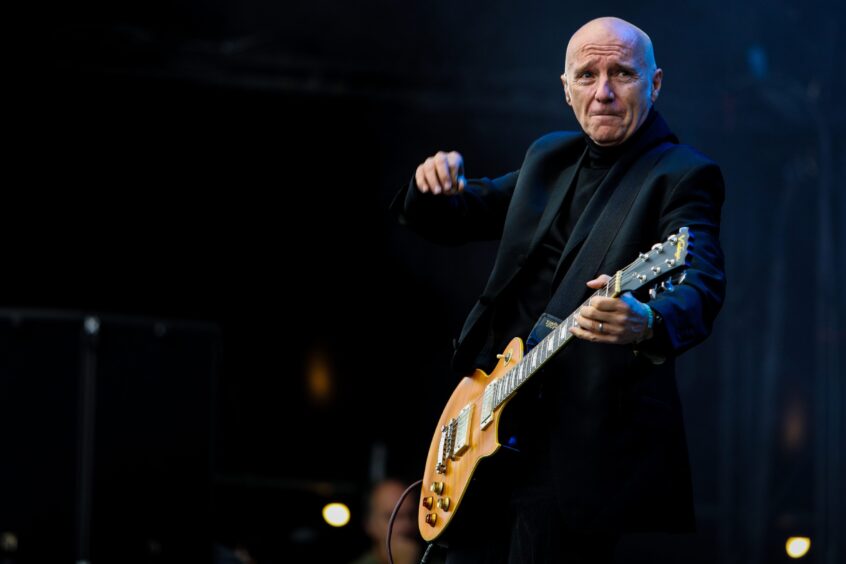
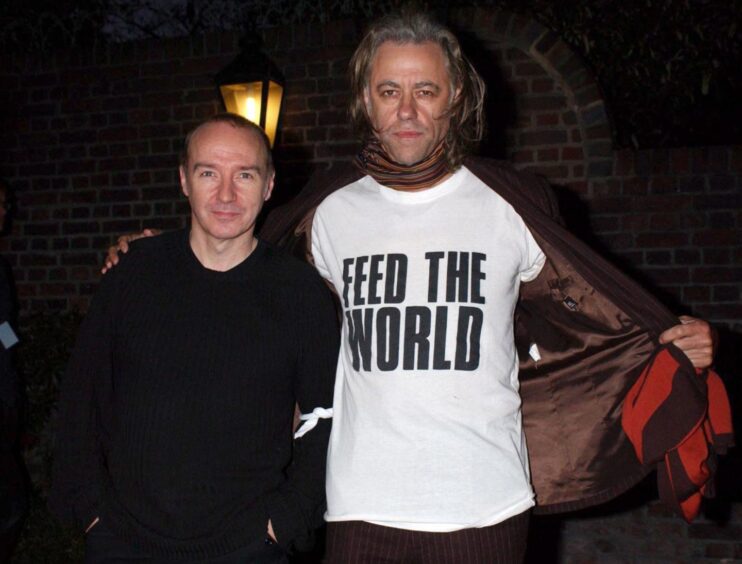

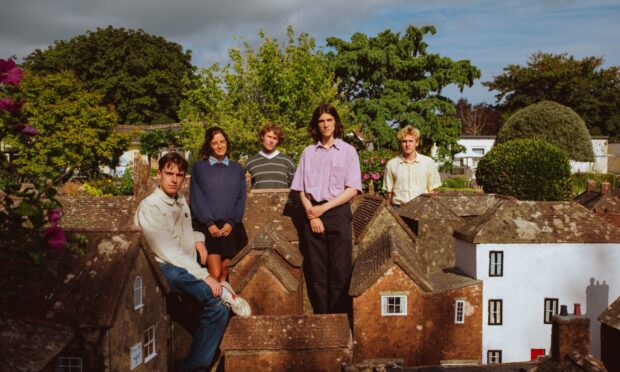






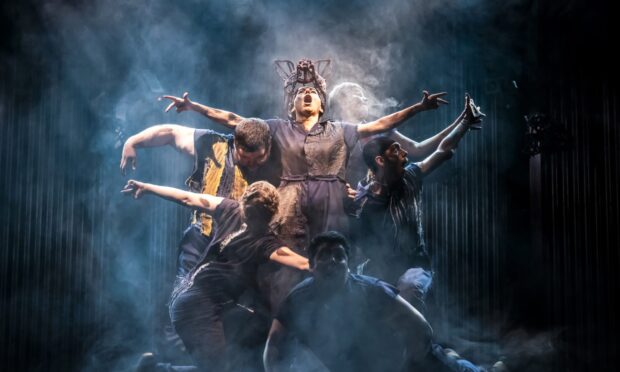
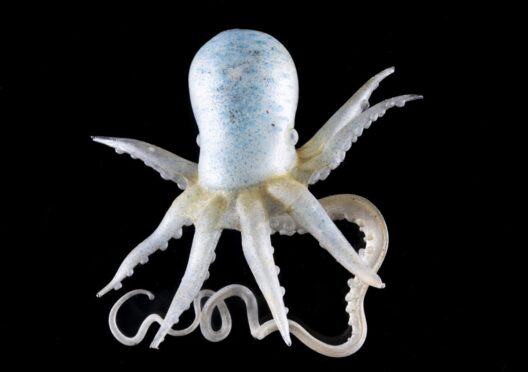
Conversation